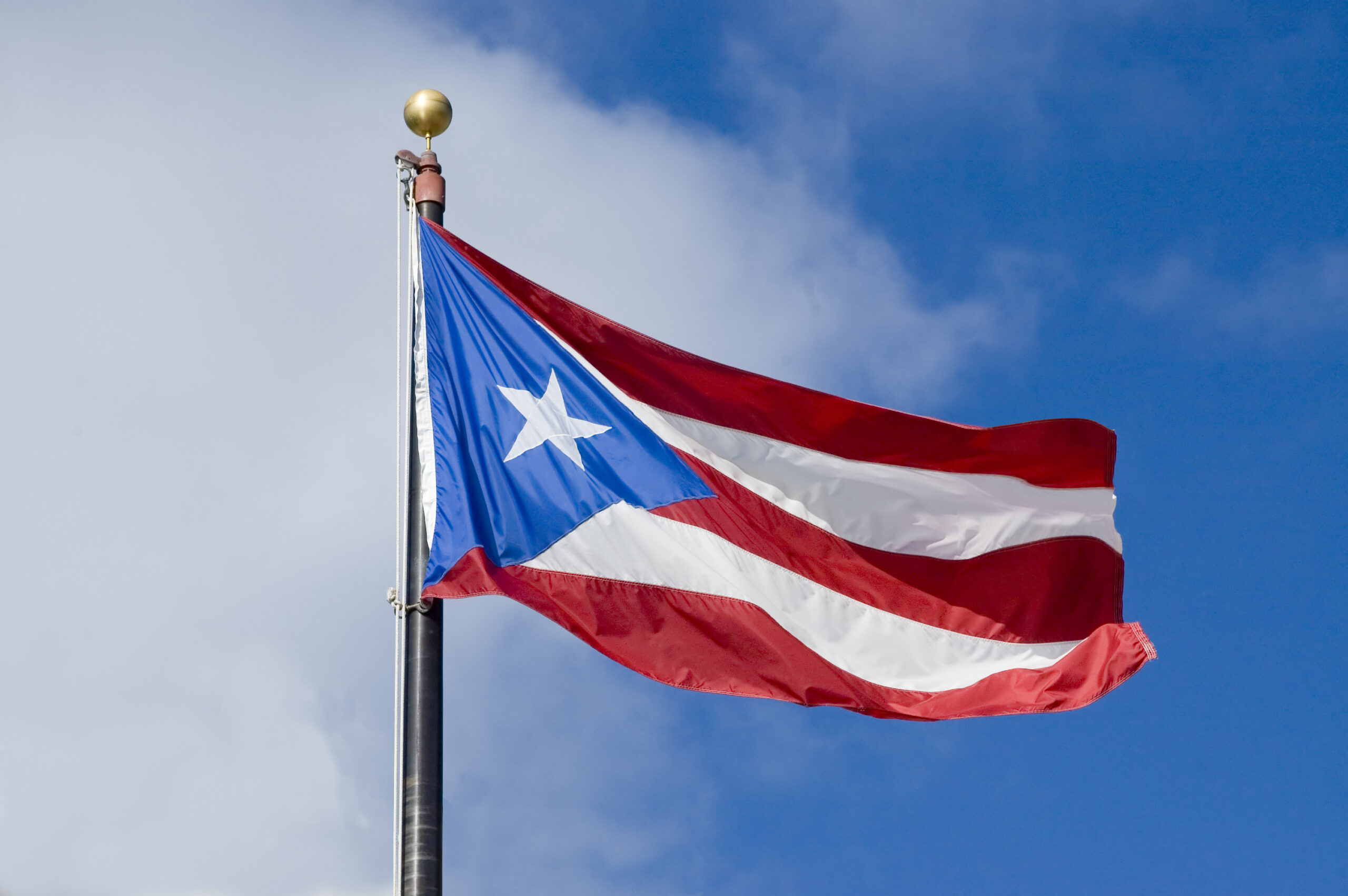Hurricane Fiona hit parts of Puerto Rico yesterday and left a trail of disruption. According to The National Hurricane Center, the storm is now unleashing its wrath on the islands of Turks and Caicos as of Wednesday, Sept. 21, 11 a.m. PST. Weather experts are expecting the hurricane will narrowly miss Florida and the East Coast, but the storm is increasing in wind speed and rain volume to classify it as a Category 3 or 4 as it heads towards Bermuda and the Bahamas before eventually hitting the eastern tip of Canada.
The Caribbean islands depend largely on tourism for economic stability. Natural disasters such as Hurricane Fiona impact flights, power, water and public perception, even though much of the area referenced broadly in news accounts may be completely unaffected.
As meeting professionals, what can we do to feel secure in planning events at these desirable destination resorts during hurricane season? And, what can we do to aid these islands with funding, resources and continued business?
Travel Insurance
Hurricane season refers to tropical or subtropical storms moving into the Northern Hemisphere of the Atlantic Ocean that threaten the Caribbean islands and the North American east coast. The season typically begins in early July and can extend into late November. Although the season coincides with what many consider to be an ideal time for travel, planning an event in a destination that is vulnerable to unpredictable elements can be risky. As a meeting planner, you want to make sure you have a contingency plan in place and invest in travel insurance if the worst-case scenario occurs.
Read More: How to Prepare for the Next Crisis: Event Insurance Tips
Rajeev Shrivastava, CEO of VisitorsCoverage Inc., sheds light on how to protect yourself and your event during the unpredictable hurricane season and emphasizes the importance of travel insurance.
“To be covered for hurricane-related trip cancellations, you must purchase your trip insurance policy before the tropical storm or hurricane is named,” Shrivastava says. “If a hurricane or any other natural disaster leaves either your home or your lodging accommodations in your destination country inhabitable, you may be able to cancel your trip and be reimbursed for any prepaid expenses.”
Can We Help?
In the rare event that an event actually has to be canceled or postponed, that is when the meetings industry kicks into assistance mode. The meetings industry has proved that it can come together to think of ways to aid the people and the economy of the devastated destinations.
Read More: Have You Created a Medical Contingency Plan for Your Event Yet?
American Airlines has stepped up to aid the Caribbean and utilized its partnership with American Red Cross to create an offer for its AAdvantage members that can aid Puerto Rico, the Dominican Republic, Turks and Caicos and all Caribbean islands affected by Hurricane Fiona. For every donation to the Red Cross over $25, American Airlines will reward its customers with 10 miles. As a member of the Red Cross Annual Disaster Giving Program, American Airlines is urging travelers to contribute to the relief fund in the wake of the storm.
American Red Cross also works with American Express, who has donated $50,000 to both Red Cross and Hispanic Federation each. The funds will aid relief efforts to regions effected by Hurricane Fiona and provide essential supplies to those in need.
The SEARCH Foundation, a charitable organization focused on providing aid to special event, meetings, catering and hospitality professionals facing illness or environmental disaster, is ready to help.
“Anyone in the industry who is suffering through a crisis or catastrophic loss caused by the hurricane and needs immediate funding can reach out to SEARCH Foundation.org and we can provide funds to them directly in under 72 hours,” says Kate Patay, CPCE Chairwoman, SEARCH Foundation.
PREPARE
In November of 2021, President Biden created the President’s Emergency Plan for Adaptation and Resilience (PREPARE) as an effort to aid in handling climate change and natural disasters. In response to Hurricane Fiona, the Assistant to the President for National Security Affairs (NSA) Jake Sullivan released an Action Plan to bolster PREPARE and engage with partners to prevent the gravity of destruction from happening to these islands during hurricane season.
The 3 pillars to the NSA’s PREPARE Action Plan are Knowledge, Plans/Programs and mobilizing resources:
Pillar 1: Knowledge
This knowledge pillar emphasizes the importance of observing climate changes and early warnings. Real-time monitoring of disaster warnings should be increased and shared and the accessibility to this data should be universal.
Pillar 2: Plans and Programs
Pillar 2 focuses on infrastructure, sustainability, resilience and water. PREPARE will implement programs to strengthen infrastructure by ensuring resilience is a key factor in design and strives towards “climate smart” master plans. Healthcare reform, food security concerns and displacement are also addressed in Pillar 2. Pillar 2 promises the U.S. Government will address both excessive water during storms due to global warming as well as scarcity of water affecting roughly half the world.
Pillar 3: Mobilizing Resources
Pillar 3 calls for an increase in finance allocated towards climate adaptation, with a focus on funds for universal access to climate information and disaster warnings. The Action Plan is working toward long-term observation and modeling systems for sustainable dissemination of local disaster warnings in poorer countries and requesting participation from both private and philanthropic entities to help develop, finance and apply these models.




